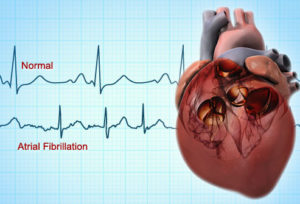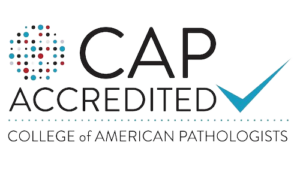Reports
Health
Wellness
According to American Heart Association (2015), cardiovascular disease is the leading global cause of death, accounting for 17.3 million deaths per year, a number that is expected to grow to more than 23.6 million by 2030.
Low dietary intake of beta carotene is associated with chronic disease such as cardiovascular disease and vitamin A deficiency. It is well known that a greater intake of fruit and vegetables can help prevent heart diseases and mortality. Antioxidant compounds found in fruit and vegetables, especially dietary carotenoids such as beta carotenes, lycopene, lutein may influence the risk of CVD by preventing the oxidation of cholesterol in arteries.
Vitamin A in the diet can come from animal or plant sources. Vitamin A exist in the form of retinol or retinoic acid, the active form in animal sources, and in the form of carotenes in plant sources. Retinol, an active form of vitamin A cannot be made by our bodies and should be obtained from the food we eat. Carotenes must be converted into retinol for them to function as vitamin A in the body. BCMO1 is the enzyme responsible for this conversion. Individuals, especially vegetarians, who get their vitamin A primarily from plant- based foods rely on this conversion to meet their vitamin A needs.

Liver and fish oils are one of the richest source of retinol and other good sources includes eggs, especially egg yolks. Carotenes are found in green leafy vegetables, broccoli, sweet potatoes, orange and yellow vegetables and in vegetable oils.
BCMO1 gene produces BCMO1 enzyme. Individuals with certain genotypes have reduced ability to convert carotenes to retinol, due to reduced BCMO1 activity. Individuals who carry certain versions of this gene may have up to 60% less enzyme activity than others and such individuals may be at risk for vitamin A deficiency. It is recommended that these individuals consume more animal sourced vitamin A, such as fish, eggs, meat and milk products to get their active form of vitamin A, retinol to meet their requirements.
Watch out for these symptoms like oily skin, acne, dry eyes, poor night vision, immune system impairment that indicates insufficiency of retinol in your body. You can also check your vitamin A levels via a blood test.
Type of BCMO1 gene has been shown to influence the vitamin A levels in blood. Want to know what type of BCMO1 gene you have? Try Xcode’s nutrigenetics test which can tell you what versions of the BCMO1 gene are in your DNA. You can also learn about how your genes may influence other traits, including your risk for certain diseases. Write to us at info@xcode.in to find out more.
Coronary heart disease (CHD) is a heart condition which usually results from plaque build-up inside the coronary arteries, which carry oxygen rich blood to the heart. A plaque formation, which is the deposition of cholesterol, narrows these blood vessels and reduces supply of oxygen and blood to the heart. CHD symptoms include shortness of breath and chest pain (angina), while heart attack is its serious manifestation.
Genes have a vital biological role in heart function, blood vessel health (endothelial function), cholesterol & triglyceride metabolism, inflammatory signaling and blood coagulation. There are certain variations in these genes, which have found to be associated with a high risk for Coronary Heart Disease.

Atrial fibrillation (AF) is the most common type of arrhythmia. An arrhythmia is an abnormality in the heart beat or heart rhythm. During arrhythmia, the heart beat can be either too fast or too slow, or there can be an irregularity in heart rhythm. AF occurs if rapid, disorganized electrical signals cause the heart’s two upper chambers (atria) to fibrillate (contract very fast and irregularly).
Although ,atrial fibrillation itself usually isn’t life-threatening, it is a serious medical condition that sometimes requires emergency treatment as it can lead to other serious complications. Atrial fibrillation may lead to blood clot formation in the heart that may circulate to other organs and lead to blockage of blood flow.
Variations in important genes which have a role in the generation of electrical impulses in the heart muscle, affect the expression of these genes thereby increasing the risk for a disturbance in the contraction of atria leading to their dilation and fibrillation i.e., conferring a genetic predisposition towards AF.
